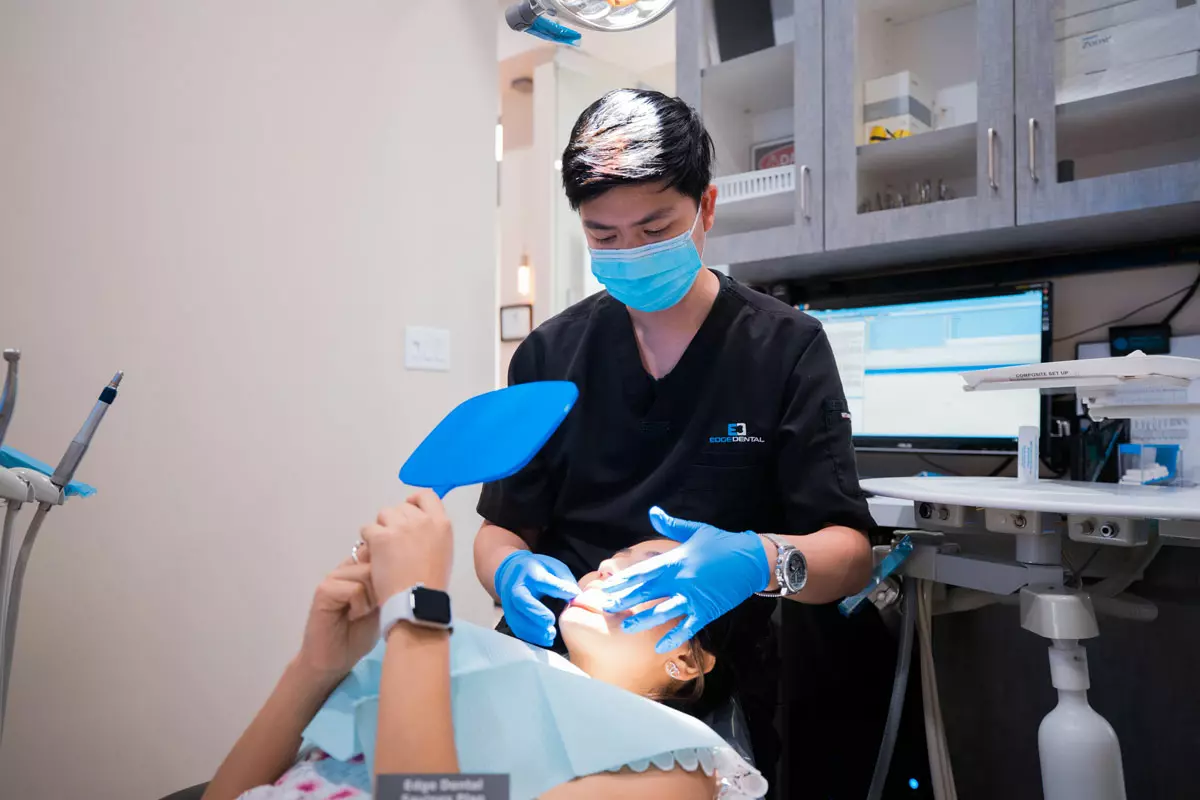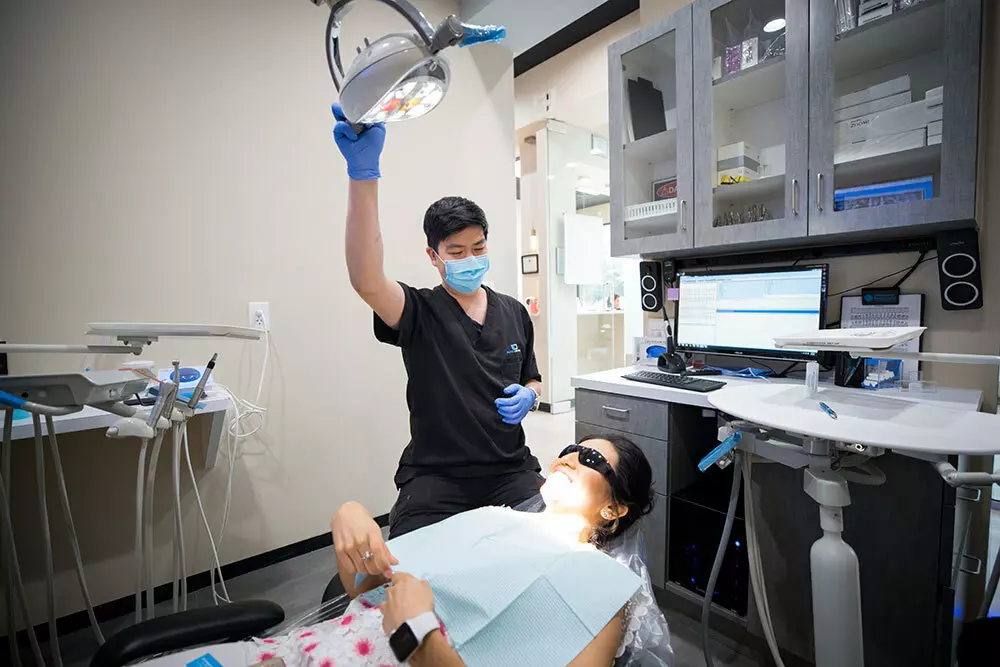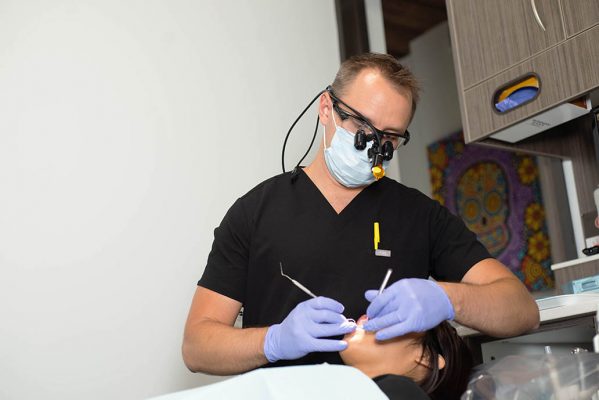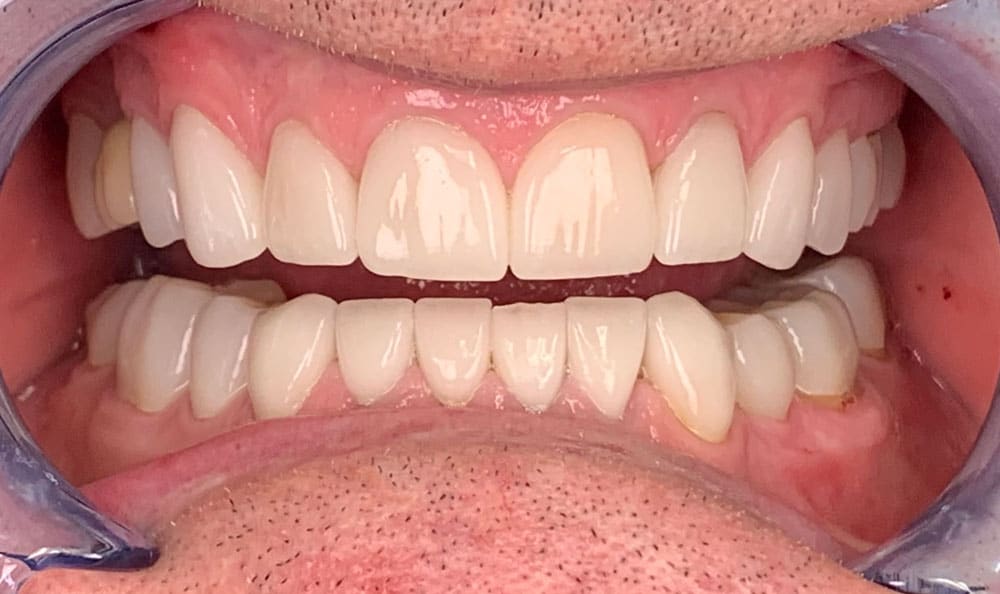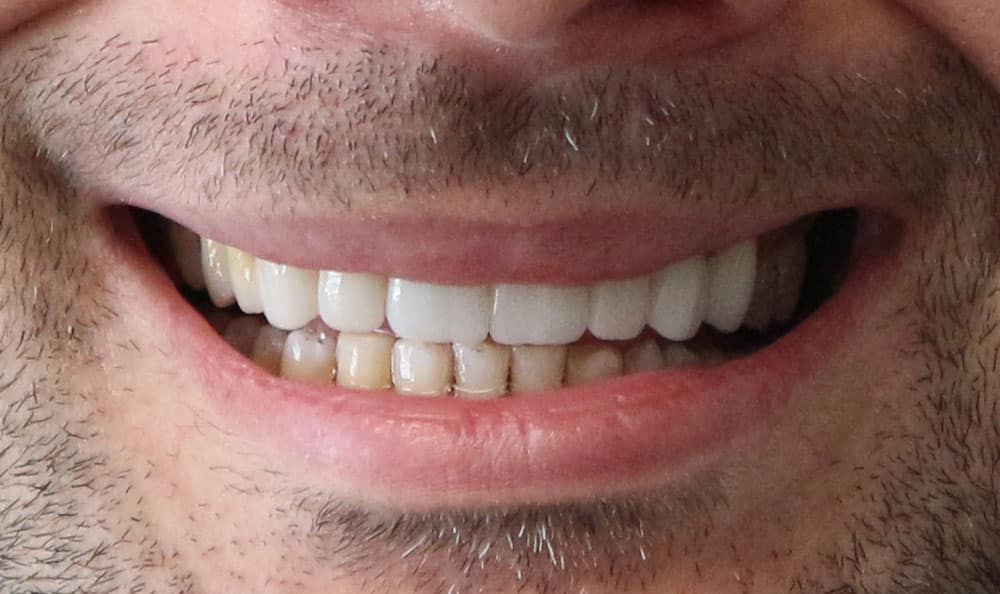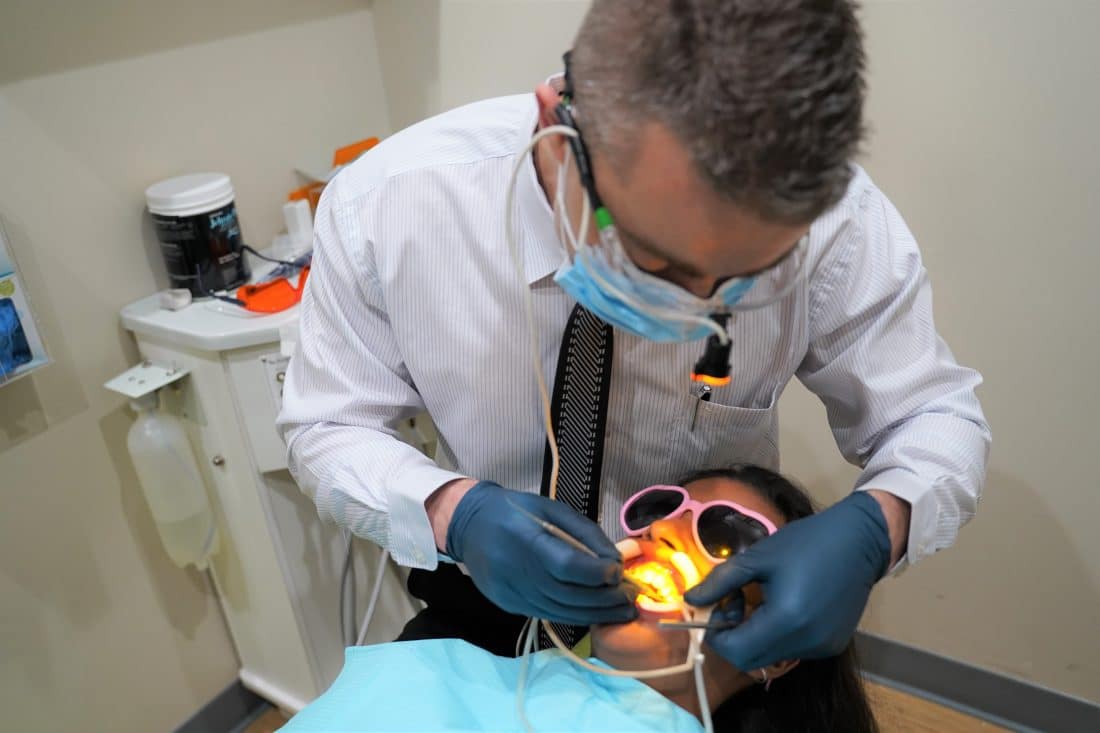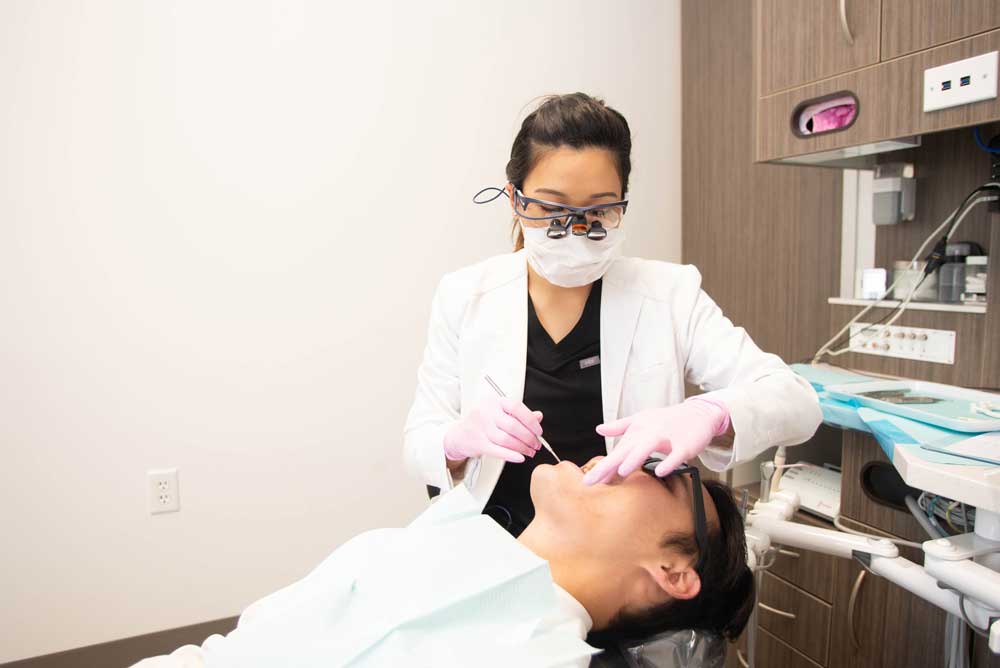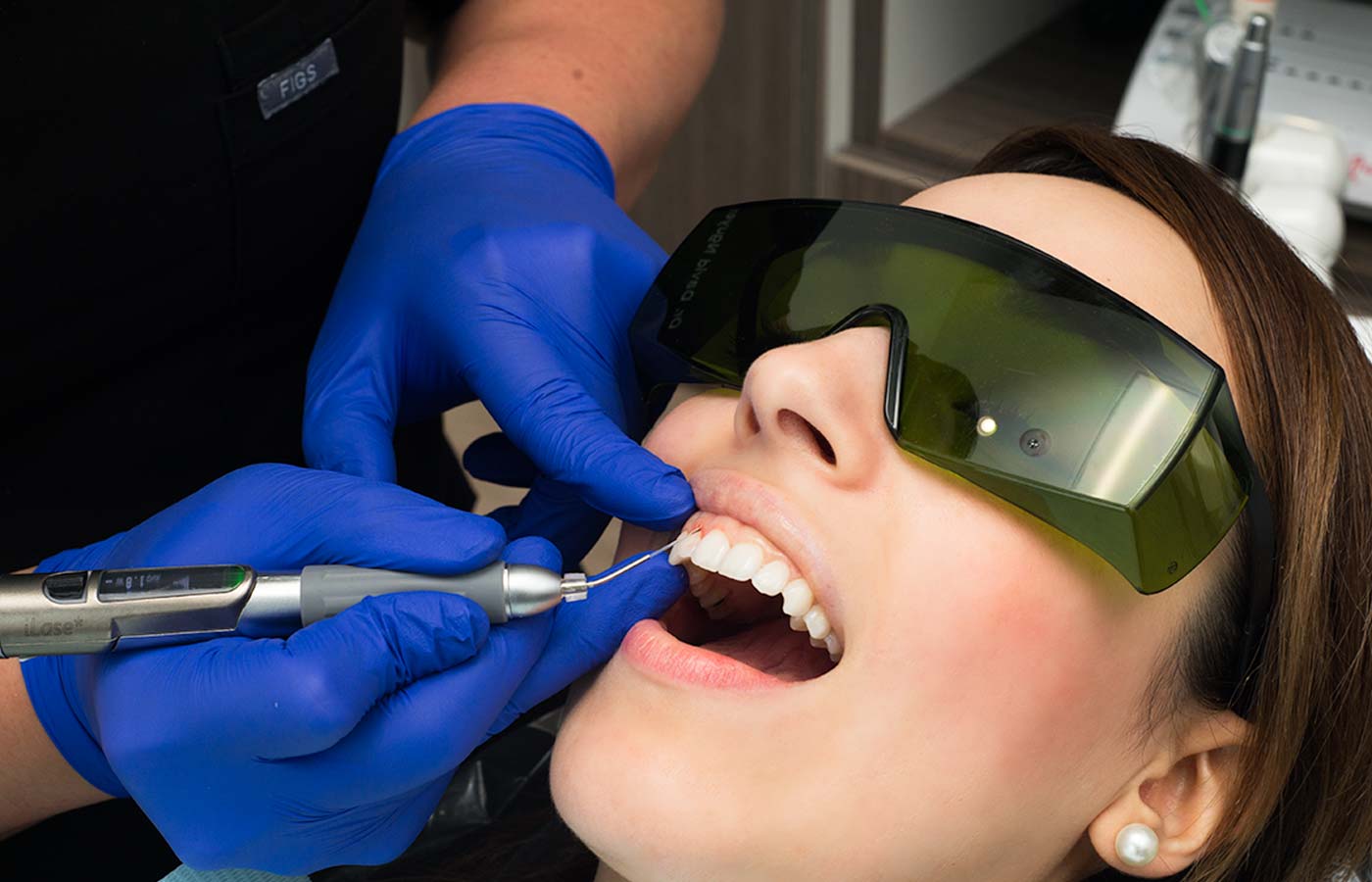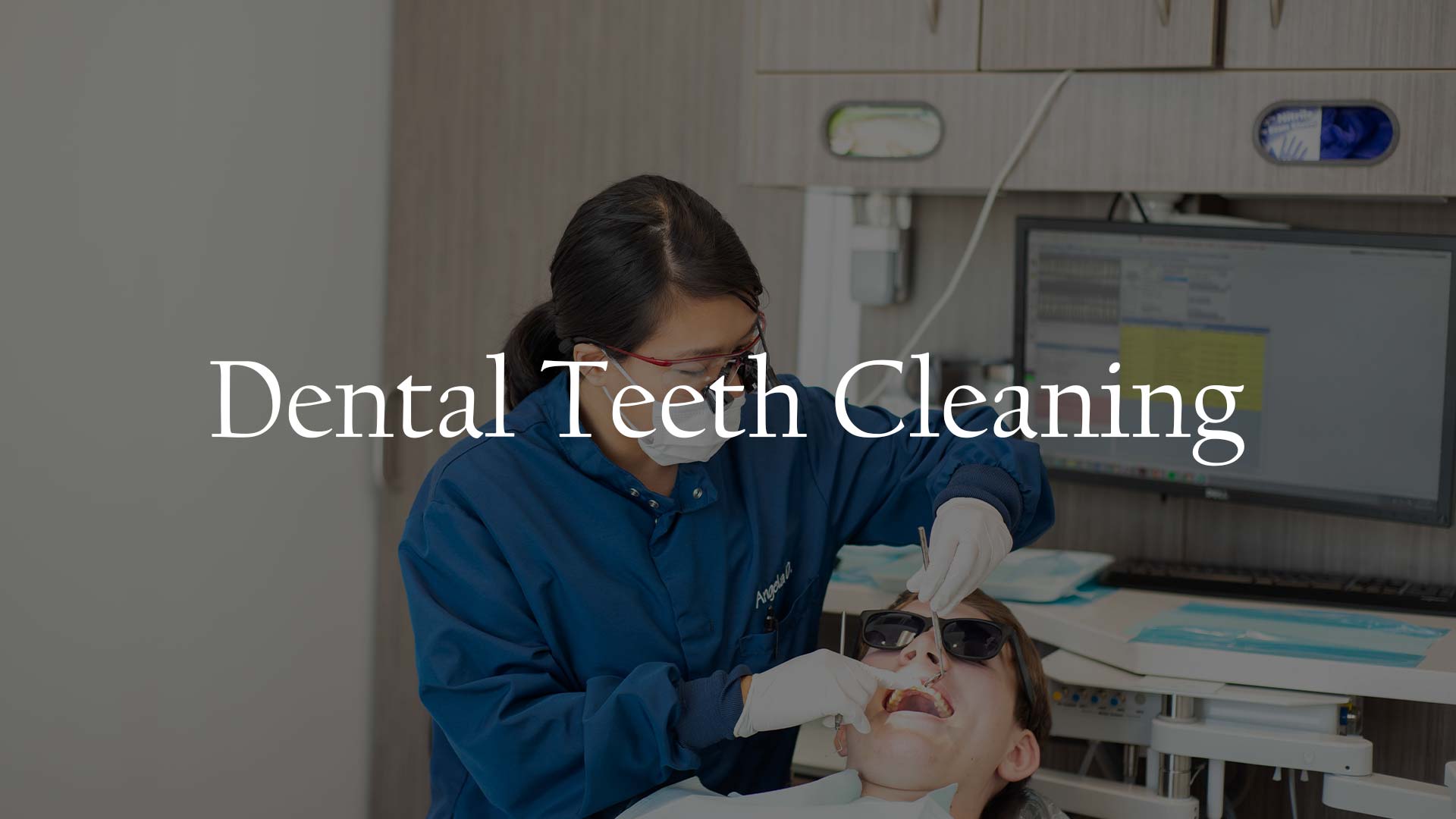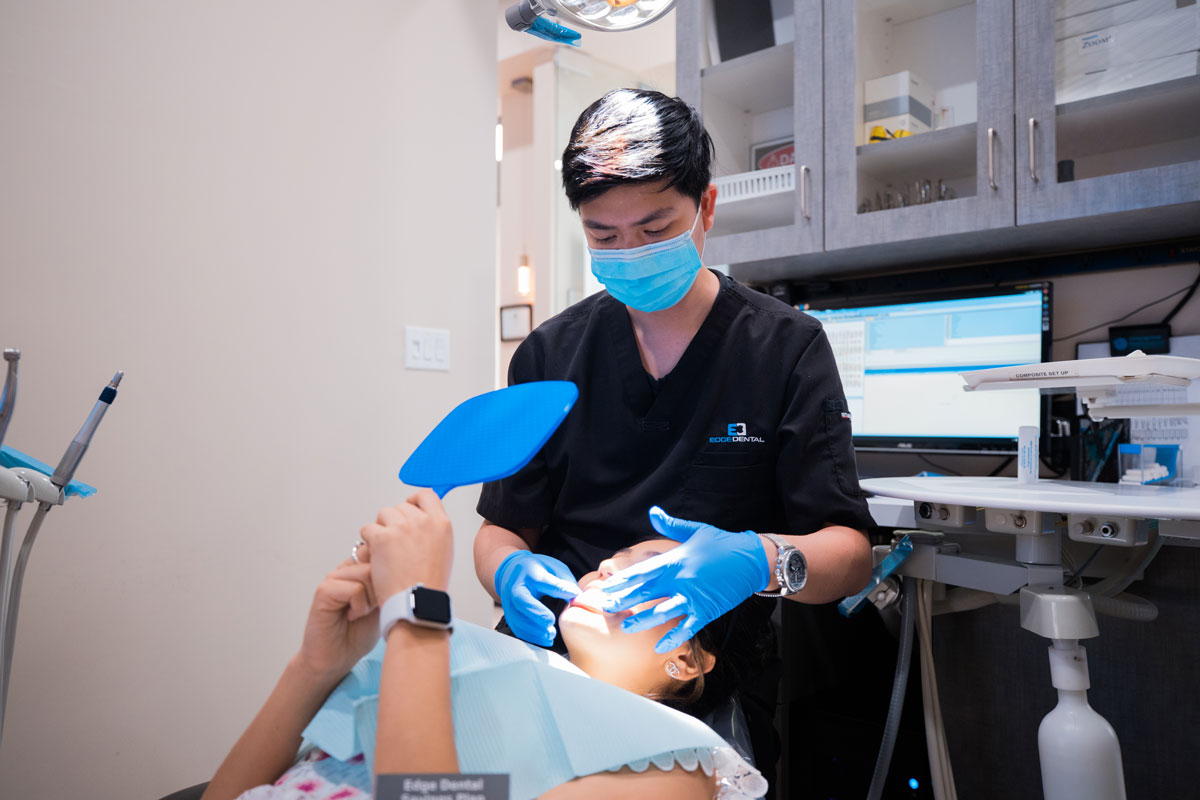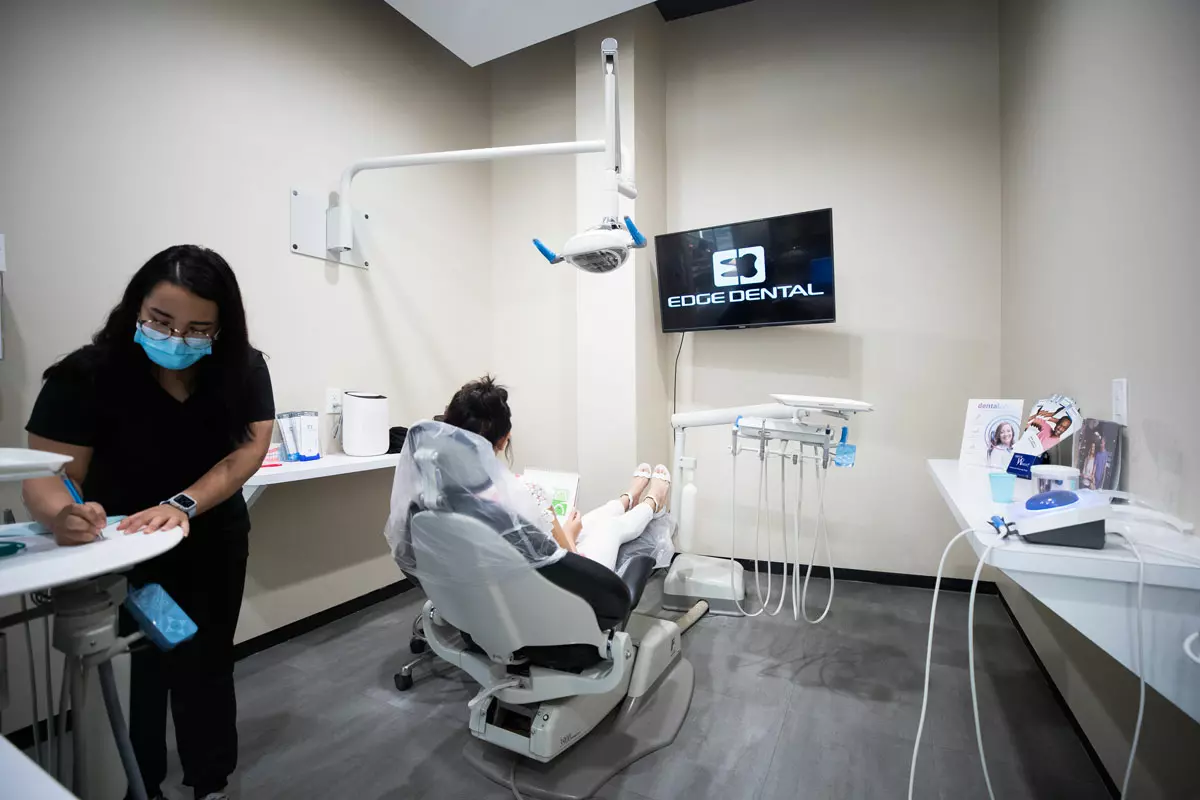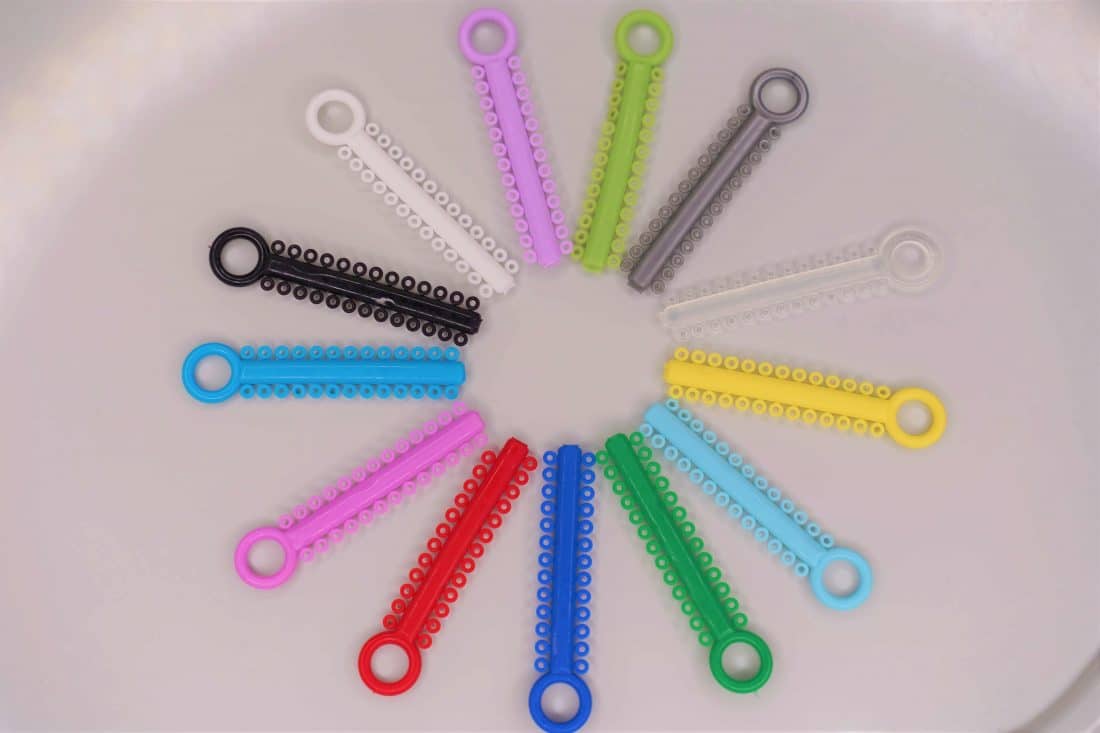Periodontal disease, commonly known as gum disease, is a prevalent oral health issue affecting millions worldwide. This condition can lead to various problems, from gum inflammation to tooth loss, impacting overall well-being. Fortunately, advancements in dental science have introduced innovative solutions for managing and preventing progression of periodontal disease, one of which is Periogen. In this article, we will explore the significance of Periogen in maintaining healthy gums and managing periodontal disease.
What Is Periodontal Disease?
Conditions
Periodontal disease refers to a range of inflammatory conditions that affect the supporting structures of teeth. It typically manifests in two primary forms:
- Gingivitis: This is the mildest form of gum disease and is characterized by redness, inflammation, and bleeding of the gums. Gingivitis is often a precursor to more severe forms of gum disease.
- Periodontitis: If gingivitis is left untreated, it can progress to periodontitis. This condition involves the breakdown of the bone and tissues that support the teeth. It can result in gum recession, tooth mobility, and even tooth loss.
Signs and Symptoms
Common signs and symptoms of periodontal disease include:
- Gum bleeding: Bleeding gums when brushing or flossing.
- Swollen or red gums: Inflammation and/or discoloration of the gums.
- Bad breath (Halitosis): Persistent bad breath despite good oral hygiene.
- Gum recession: Gums pulling away from the teeth.
- Tooth sensitivity: Increased sensitivity to hot and cold foods/liquids.
- Tooth mobility: Loose teeth due to loss of bone support.
When to Seek Professional Help
If you experience any of the signs and symptoms mentioned above, it is essential to seek professional dental care promptly. Early intervention can prevent the progression of gum disease and more severe complications like tooth loss.
Causes and Risk Factors
The development of gum disease is typically influenced by various factors, including:
- Poor Oral Hygiene: Inadequate brushing and flossing can lead to the accumulation of plaque and tartar, contributing to gum disease.
- Smoking and Tobacco Use: Smoking is a significant risk factor for gum disease and can hinder the success of treatment.
- Genetics: Some individuals may be genetically predisposed to gum disease.
- Health Conditions: Certain medical conditions, such as diabetes, can increase the risk of gum disease.
- Medications: Some medications can affect oral health, contributing to gum problems.
- Hormonal Changes: Hormonal fluctuations, such as those during pregnancy or menopause, can increase susceptibility to gum disease.
- Stress: High-stress levels can weaken the body's immune system, making it harder to fight off gum infections.
Diagnosis and Treatment
Early diagnosis and intervention are crucial in managing periodontal disease. A dentist or periodontist can diagnose gum disease through a thorough examination. Common treatments may include:
- Scaling and Root Planing: A deep cleaning procedure to remove tartar and bacteria from below the gumline.
- Medications: Antibiotics or antimicrobial mouthwashes to control infection.
- Surgical Procedures: In severe cases, surgical intervention may be necessary to repair damaged tissues and bones and give you best chance for sucess.
Prevention
Preventing periodontal disease is the most effective approach to maintaining healthy gums. Key preventive measures include:
- Oral Hygiene: Brushing teeth at least twice daily and flossing daily to remove plaque and food particles.
- Regular Dental Check-Ups: Routine dental visits for professional cleanings and early detection of gum issues.
- Healthy Diet: A balanced diet rich in nutrients is essential for gum health.
- Tobacco Cessation: Significantly reducing gum disease risk is possible by quitting smoking and tobacco use.
Periogen: An Innovative Solution
Periogen is a unique oral health product designed to enhance gum health and prevent the development of periodontal disease. This innovative solution offers an alternative or complementary approach to traditional gum disease prevention and management.
Periogen - An Innovative Approach
Purpose
Periogen is formulated to address a key contributing factor to gum disease: the accumulation of tartar and calculus on tooth surfaces. When you don't remove plaque through proper oral hygiene, it hardens into tartar, and only professional dental cleanings can remove it. If left untreated, tartar can irritate gums and contribute to gum disease.
Periogen primarily aims to reduce tartar formation on teeth, thus preventing gum disease. By effectively breaking down tartar, it helps maintain healthier gums and a more vibrant smile.
Are You a Candidate?
Periogen is a suitable option for individuals looking to enhance their gum health and prevent periodontal disease. Whether you're seeking to improve your current oral care routine or require additional support in preventing tartar buildup, Periogen can be a valuable addition to your dental care.
How to Prepare
Incorporating Periogen into your oral care routine is straightforward. Replace your regular mouthwash with Periogen's oral rinse and follow the instructions. It's a convenient and effective way to promote gum health.
Risk Factors
Periogen is safe to use, and adverse reactions are rare. However, if you have any concerns about potential allergies or sensitivities, consult your dentist or healthcare provider before using Periogen.
Before and After Procedure
After using Periogen as part of your oral hygiene routine, you can expect a reduction in tartar buildup on your teeth. Your gums are likely to appear healthier, with less redness and inflammation. Periogen contributes to preventing the development of periodontal disease, ensuring that your oral health remains in optimal condition.
Conclusion
Periodontal disease is a common oral health issue with potentially severe consequences. Preventing and managing gum disease is paramount in maintaining healthy gums and overall well-being. Periogen offers an innovative solution for individuals seeking to enhance their gum health and reduce the risk of periodontal disease. By addressing tartar buildup, Periogen helps promote healthier gums and a brighter smile. Consider incorporating Periogen into your oral care routine to take proactive steps in preserving your gum health and preventing gum disease. Consult with your dentist to determine if Periogen is the right choice for you.
About Marielaina Perrone, DDS
Dr. Marielaina Perrone, DDS, is a distinguished dental professional dedicated to enhancing smiles and transforming lives. With over two decades of expertise, she has become a beacon of oral health excellence in the field of dentistry. Dr. Perrone is a proud graduate of Stony Brook University School Of Dental Medicine and has completed advanced training in cosmetic dentistry, implant dentistry, and orthodontics.
Her unwavering commitment to staying at the forefront of dental advancements ensures that her patients receive the highest quality of care. Dr. Perrone is known for her personalized treatment plans, crafted with a gentle and compassionate approach, tailored to meet each individual's unique needs and preferences.
Outside the dental clinic, Dr. Perrone passionately explores the world, enjoys quality time with her family, and indulges in her love for cooking. Her altruistic nature extends beyond her professional realm, as she generously donates her time and expertise to various charitable organizations in her community.
Dr. Marielaina Perrone, DDS, is not just a dentist; she is a dedicated smile architect committed to bringing joy, confidence, and lasting oral health to her patients.
